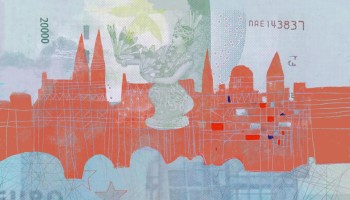Transaction Reports and Analysis Centre (AUSTRAC) stressed that “some junkets have been infiltrated by criminals including Asian crime group members and transnational money laundering operations.” The infiltration is something AUSTRAC thinks is encouraged by the inherent vulnerability of the Junket business model.
A junket tour is a kind of package trip where guests are taken by the tour operators to a variety of curated entertainment houses, which almost always include casinos.
In return for bringing clients to the casinos, the junket tour operators (JTOs) receive commission based on the guests’ gambling activities, read the report.
“At a sector level, the junket model has a number of money laundering vulnerabilities,” AUSTRAC explained. For one, the funds tour guests use at casinos are often held and managed by the JTO, so that guests may focus on their gambling.
The agency added that a key vulnerability is the “lack of transparency and level of anonymity created by the pooling of all players’ funds and transactions under the name of the JTO, and that the financial arrangements between the JTO and junket players are not disclosed to the casino.”
The report said that more than 1,000 junket programs exist in Australia and 61 percent of Australian casinos work with JTOs to bring in guests, while suspicious matter reports submitted to AUSTRAC, catalogued questionable transactions by junket tour operators valued at more than US$274 million.
Nearly half of those reports were suspected cases of money laundering, according to AUSTRAC.
To combat the trend, the agency suggested the implementation of several measures to increase transparency of JTOs.
AUSTRAC stressed that casinos need to conduct greater due diligence on JTOs that they engage with, including an application process and identity verification procedures.






